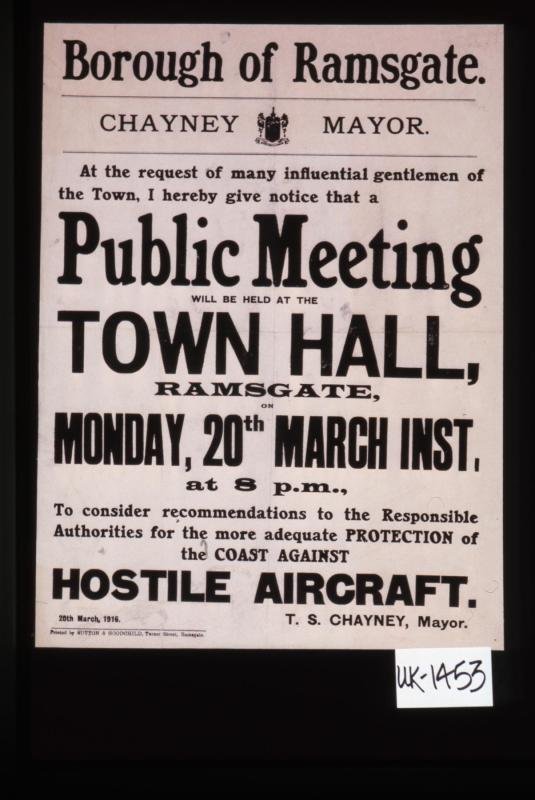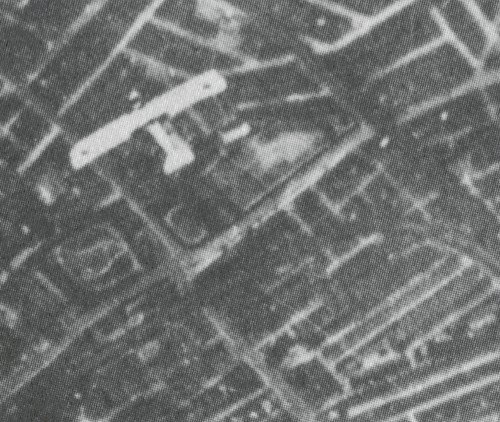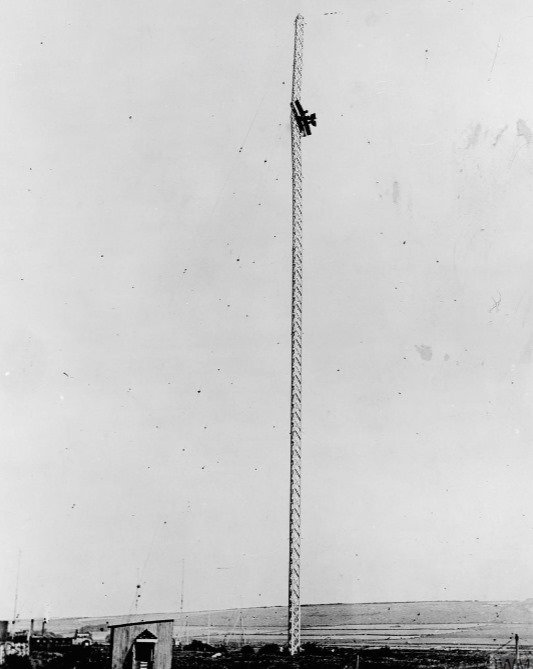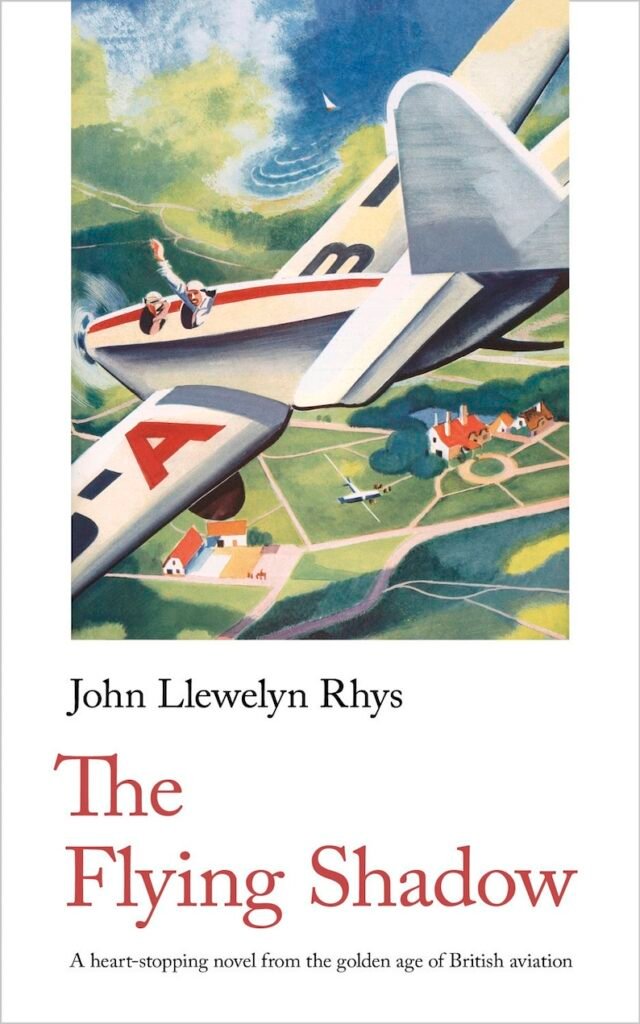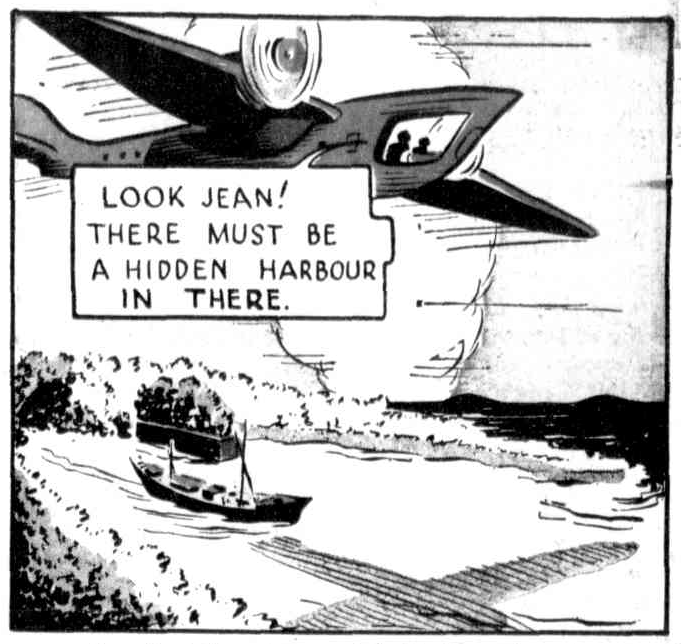What I did in my holidays (research)
So, I’m back from my long-overdue and much-needed research trip to the UK. Was it worth it? Yes! In raw numbers, I took over 11,000 photos across 13 days at 8 archives in 5 cities.1 Obviously, since I’m not a Bomber Command AOC I’m not going to prioritise quantity over quality. But I did pretty […]


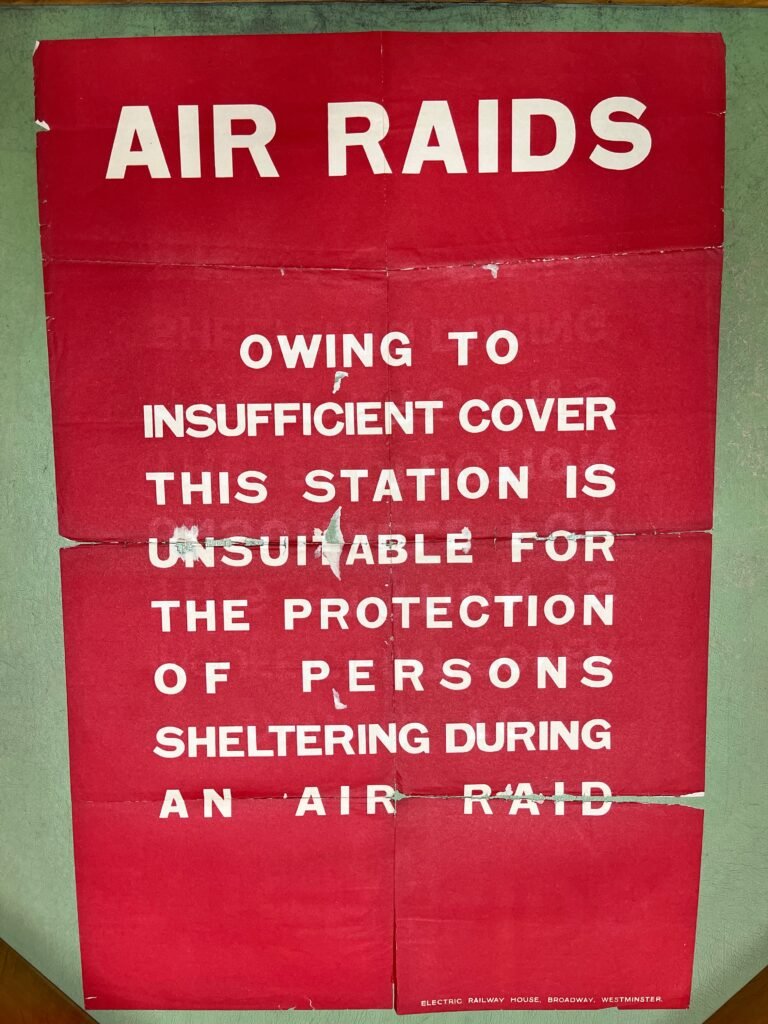
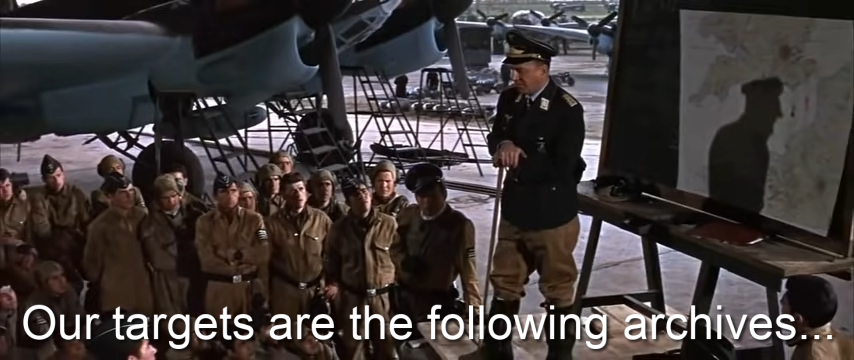
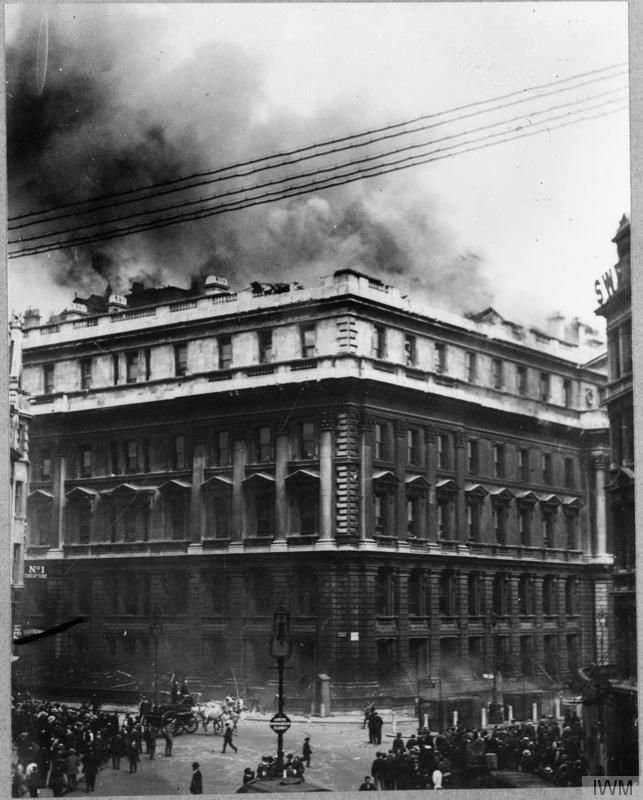
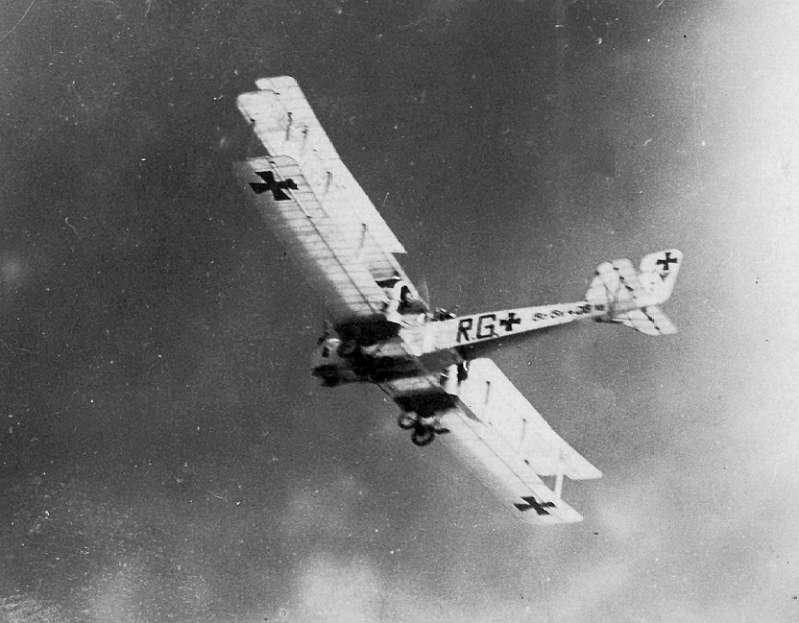
![German propaganda poster with a vibrant and striking image depicting swarms of British aircraft bombing an industrial site to illustrate the following quote, by British Labour Leader Johnston Hicks [sic], which appeared in the 'Daily Telegraph' on January 3rd 1918: 'One must bomb the Rhineland industrial regions with one hundred aircraft day after day, until the treatment has had its effect!’](https://airminded.org/wp-content/uploads/2024/03/artv05099.jpg)
